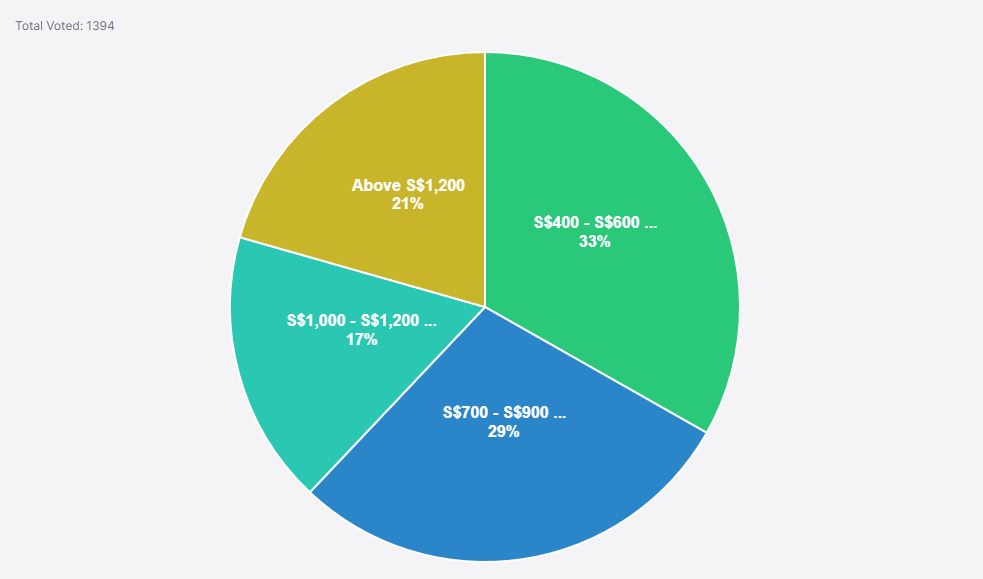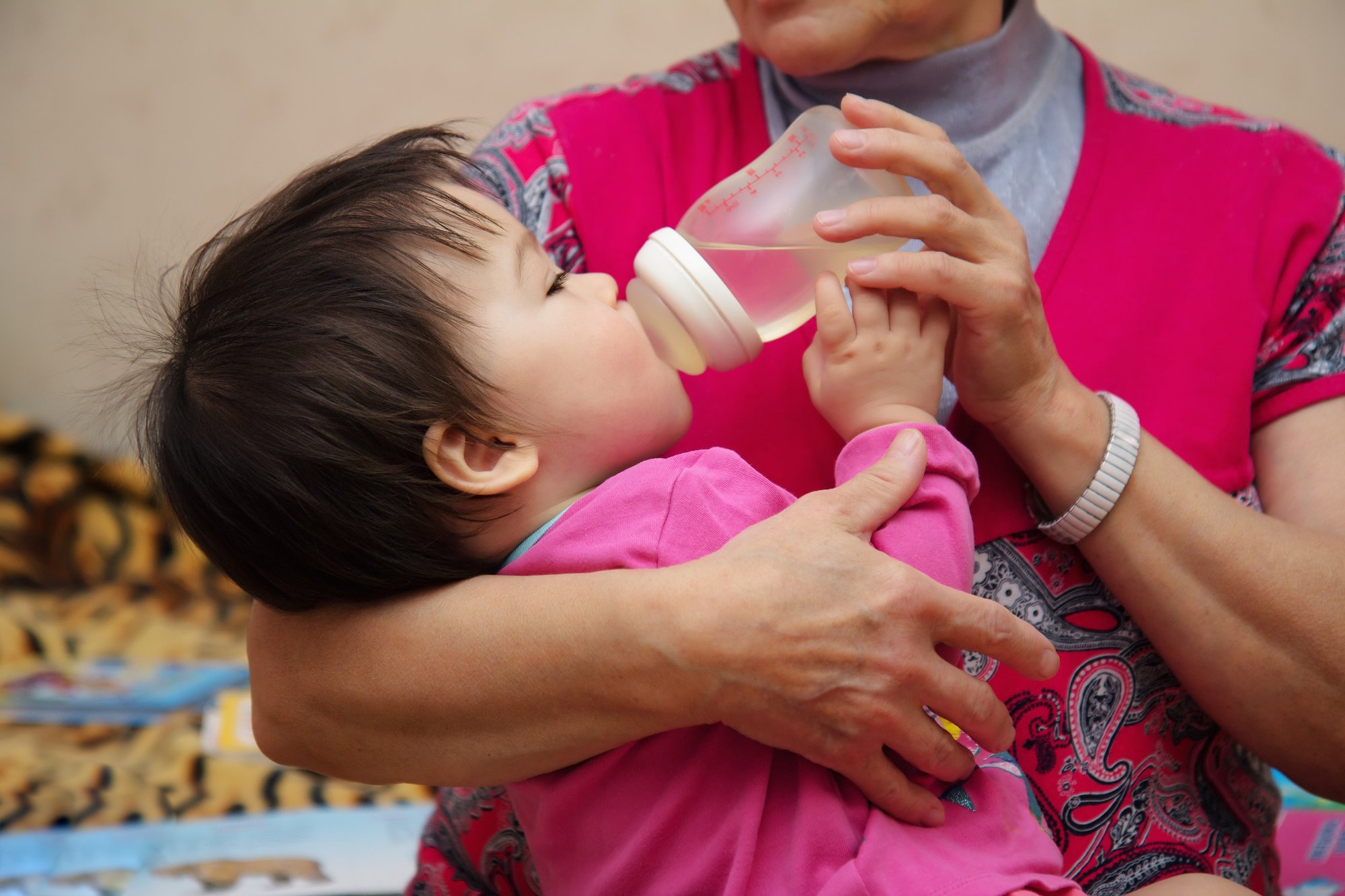Are Singaporeans paying their domestic helpers enough?
In Singapore, where people seem to be perennially busy, foreign domestic helpers have become a pillar of support for many.
They cook, clean, and some even step into the role of a caregiver six days a week.
The Ministry of Manpower (MOM) states that domestic helpers are entitled to one rest day a week, which they can opt to forego in exchange for one day’s salary.
However, from 1 January 2023, they must have at least one rest day each month that cannot be compensated away.
But are they being compensated fairly for their grind? A video released on social media last month cast the spotlight on helpers’ remuneration, which prompted fresh debate on the matter.
Typically, domestic helpers are paid about S$500 to S$600 monthly, depending on their nationality.
While some Singaporeans think S$1,000 a month is only fair for how much they work, others believe S$400 to S$500 is enough. Considerations such as the helper’s scope of work and the employers’ expectations also come into play.
Some say S$1,000 a month is the bare minimum
Last month, content platform Asian Boss Media posted a video of a street interview in Singapore asking people how much they thought domestic helpers earned in a month.
Responses varied from “not a lot” to S$700. It was then conveyed that these helpers earn about S$500 to S$600. Respondents were then probed on whether this amount was sufficient. Most replied in the negative.
“I think if you were to offer any Singaporean that same amount of money, I don’t think anyone would be willing to take up the job,” said one interviewee.
@asianbossmedia Want to see more videos like this and stay informed about the latest developments in Asia and local perspectives? Check out AsianBoss.io for the most authentic insights from Asia that you won’t find in mainstream media. #asia #asianboss #streetinterview #staycurious ♬ original sound – Asian Boss
Meanwhile, another person felt that there should be a minimum wage.
“Because when the wage is so low, people don’t appreciate their work,” she said. When asked how much domestic workers should be paid, she said “at least S$1,000”.
“We shouldn’t be taking advantage of the fact that the money they get is worth a lot more back in their home country.”
In Singapore, employers must pay their domestic workers monthly and their salary must not be lower than what has been declared to MOM.
Though the ministry’s website does not state how much employers should pay their foreign domestic workers (FDWs), it does encourage salary adjustments.
“You should consider raising your FDW’s salary periodically as a reward for good performance and loyalty in service,” read the statement.
Additionally, it encouraged employers to consider giving their FDWs a contract gratuity. The money can then be paid to the FDW when they end their employment.
“This incentive, which both of you should agree on, could motivate her to perform better.”
S$1,000 is a fair basic salary for domestic helpers in Singapore: Poll
In a poll on Answers.sg, 1,394 respondents voted on what they thought was a fair salary for domestic helpers.
Although the majority of voters felt that a fair salary meant at least S$1,000 a month, opinions were rather fairly split.
Of the 38% who voted for S$1,000 and above, 21% said S$1,200 is the baseline. Meanwhile, 17% said that S$1,000 to S$1,200 was fair enough.

Results from an Answers.sg poll
As for the rest of the respondents, 29% voted S$700 to S$900. The S$400 to S$600 a month option received 33% of votes.
The results show that the topic of helpers’ salaries is a subjective one — as employers often base remuneration on various considerations.
Considerations include scope of work & employers’ expectations
Heavy workload and high expectations are some of these considerations.
“Some expect their helpers to work around the clock and cook all meals without breaks,” said one employer who declined to be named.
“I definitely think those should be paid more.”
Meanwhile, for 33-year-old Singaporean Jessica Lim, S$1,000 a month is justifiable for a helper experienced enough to help alleviate the mental load.
“That pay grade should only come with the relevant experience,” said the business owner.
“Which is why I hire those with 13 years of experience or more, those who have taken care of babies and two or more young children.”
Jessica is the mother of two young children and is expecting a third.
She is paying her helper S$1,050 to cook, meal plan, do groceries, clean, and take care of the kids.

Source: Macao News
“However if I hired someone with less experience than that, I would not offer the range of pay that I do,” noted Jessica.
Another parent, a 38-year-old media professional who only wanted to be known as Desiree, said she’s paying S$500 for her fresh helper to help with chores. The sum will be increased after two years.
“It’s a reasonable amount for someone with minimal experience and a relatively lower workload,” she said.
Her helper doesn’t need to care for her two children or do school pick-ups and drop-offs, and she only cooks one meal a day. She also gets a two-hour-long break in the afternoon.
“If the helper’s work involves extensive caring for the elderly or children, then it would make sense to offer more,” she added.
The struggle of the sandwich class
Another consideration is also how much both parents are earning.
A family that takes home S$5,000 total, for example, might struggle to save on top of paying their helper S$1,000 a month.
“S$1,000 is a lot for a middle-income family with bills and childcare fees to pay, to be honest,” added Desiree.
All in all, Jessica believes that people pay what they can afford, and it’s up to the agencies and the helper to accept the terms.
“For one helper, S$500 might be too little for their experience — that’s fine, and they should skip the job,” she said.
“For another, that might be a window of opportunity to work in Singapore and work at increasing their salary over time.”
Have news you must share? Get in touch with us via email at news@mustsharenews.com.
Featured image adapted from AWARE.

Drop us your email so you won't miss the latest news.









